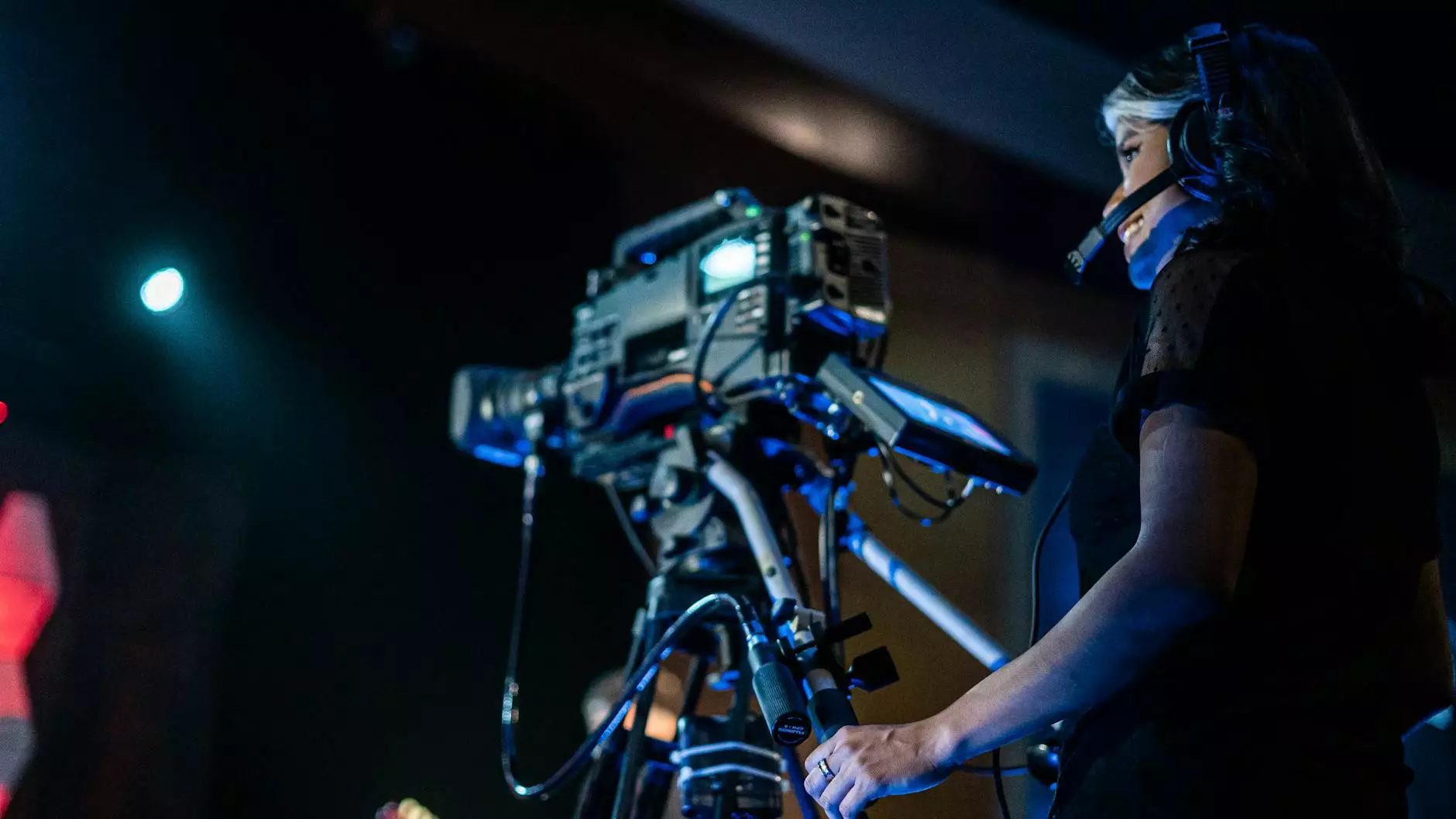The Growth of Fake Diploma Businesses in the Education Sector

Introduction
In the realm of education, the emergence of fake diploma businesses is a controversial and prevalent issue. More individuals are seeking alternative routes to obtain academic credentials, leading to an increase in demand for bachelor's degree fake certificates. This trend has significant implications for both professionals and specialty schools within the industry.
The Impact on Professionals
Professionals looking to enhance their qualifications or enter specific fields often face challenges in obtaining legitimate degrees. As a result, many turn to fake certificate providers to bridge this gap. These diploma mills offer counterfeit degrees that may not meet the required standards, jeopardizing the credibility of professionals in their respective fields.
Implications for Career Growth
Individuals who opt for fake diplomas risk facing repercussions in their careers. Employers increasingly scrutinize educational credentials, and the discovery of a fraudulent degree can have severe consequences, including termination of employment and legal actions. It is crucial for professionals to pursue legitimate educational opportunities to avoid such pitfalls.
The Impact on Specialty Schools
Specialty schools, particularly those offering specialized training programs, are also affected by the proliferation of fake diploma businesses. The rise of counterfeit certificates undermines the integrity of these institutions and diminishes the value of authentic educational achievements.
Challenges Faced by Accredited Institutions
Accredited specialty schools confront challenges in maintaining their reputation and distinguishing themselves from fraudulent providers. The prevalence of fake diplomas threatens the credibility of legitimate educational offerings, creating a competitive landscape tainted by unethical practices.
Regulatory Measures and Ethical Considerations
Governments and educational bodies are taking steps to combat the prevalence of fake diploma businesses. Regulatory measures such as accreditation standards and validation processes aim to safeguard the integrity of academic qualifications. Ethical considerations play a crucial role in upholding the credibility of the education sector and promoting transparency in academic achievements.
Conclusion
As the demand for fake diplomas continues to rise, it is imperative for individuals and institutions within the education sector to prioritize integrity and authenticity. The repercussions of counterfeit degrees extend beyond personal gain, impacting the credibility and trustworthiness of professionals and specialty schools alike. By emphasizing the value of legitimate educational attainment, we can uphold the standards of excellence in the academic domain.









